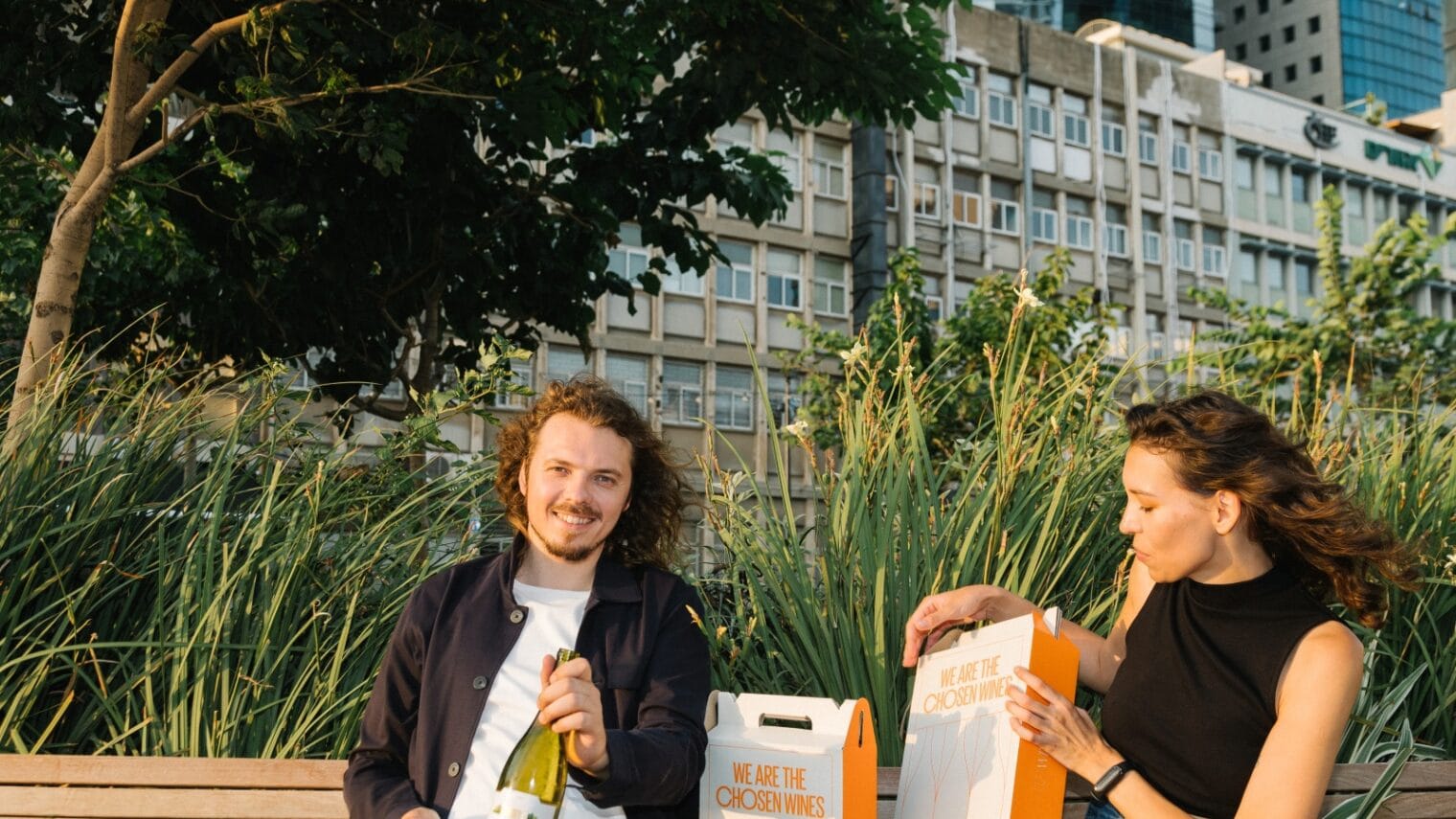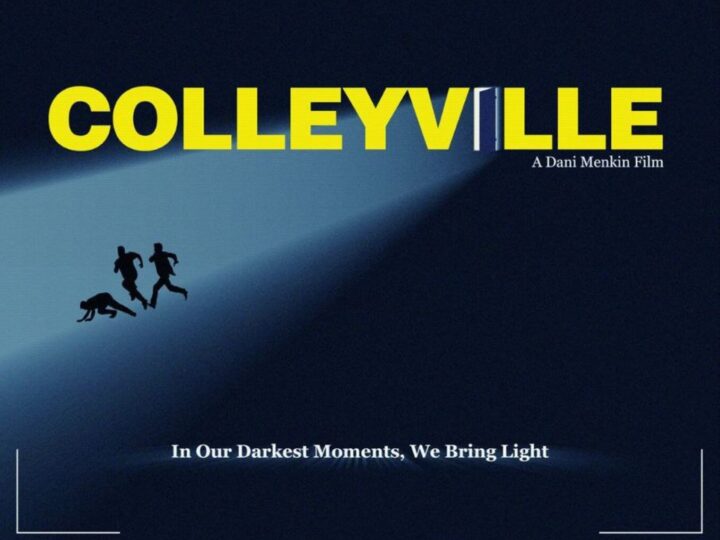When ISRAEL21c first spoke with the founders of Winest, a Tel Aviv startup that uses AI to offer a digital sommelier that will pick the best wines for you based on your flavor profile and preferences, it was before the Jewish high holidays.
Our intended intro for this article was all about how in Israel there’s always a good reason for a glass of wine, like celebrating the new year, or enjoying time with friends and family.
And then came October 7. Now, after the worst massacre in Jewish history since the Holocaust, and over two months into a war, celebrating really isn’t on anyone’s mind.
“For the first couple of weeks, we were in a daze, as a team and as a business,” admits Winest cofounder Katya Shokhina.
“We stopped operations, closed the warehouse, and like many people we were glued to our screens with the news, messaging with friends and family, and outings to volunteer activities.
“It was unclear how to sell wine – a beverage that usually accompanies joyful moments – during this terrifying time,” she says.
“But gradually our customers started asking when we were going to start delivering, and we realized that our service is needed, especially during this difficult time, as it is impossible to deny the power of a glass of wine after a hard day or accompanying Shabbat family gatherings,” she adds.
In November, they restarted operations and launched a Love Will Win campaign, donating 15 percent of the value of all orders to ERAN, which offers psychological first aid to Israelis. They’ve partnered with the Art Aid project, enabling visitors to the Winest website to buy T-shirts by great Israeli artists, with all proceeds going to help war victims.
“Also in the last month, we have renovated our warehouse at Lincoln 19 and turned it into a shop and meeting and tasting space for our customers and partners,” says Shokhina.
“I am very glad that we have done this, as in this tragic time there is probably nothing more valuable than human connections, warm meetings and dialogue.”
Just what you need
Winest was founded to help wine purchasers choose exactly what they will like.
“We are wine lovers. We are interested in wine, and we know the pain of the customers,” explains Winest’s second cofounder, Igor Podster.
“The biggest pain is too many varieties and variations. As a regular customer, you never know what the wine inside the bottle will taste like – sour, sweet, tannin, fruity or mineral,” he says.
“And we also understand that the economy of the future, which we want to be part of, is developing along the lines of customer and human needs,” he adds. “Human needs are all about customization and personal profiles.”
The two, who come from the restaurant and marketing industries, soft-launched Winest last spring to personalize the experience of purchasing wine.
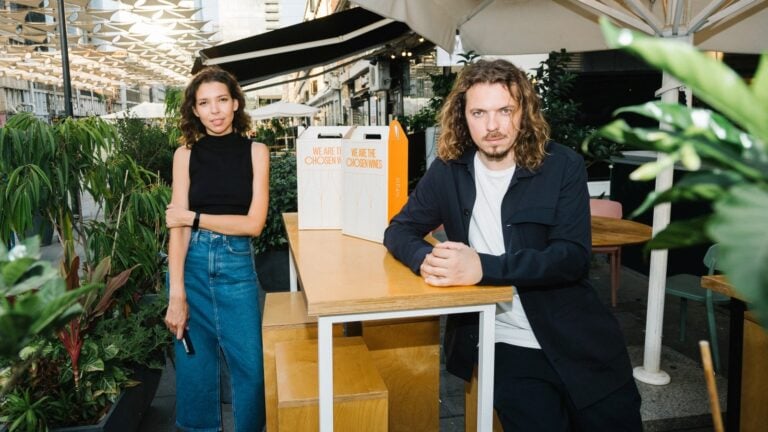
Digital sommelier
The startup’s algorithm matches the customer with the right wine based on a quiz. Then, if you live in the Tel Aviv area, Winest will deliver the wine to your door at its ideal drinking temperature within 60 minutes.
“In terms of entering the wine world, there is this entry point when you’ve already decided that you’re interested in wine, but you don’t know how to ask the correct questions as to what you want, or how to answer them,” explains Shokhina.
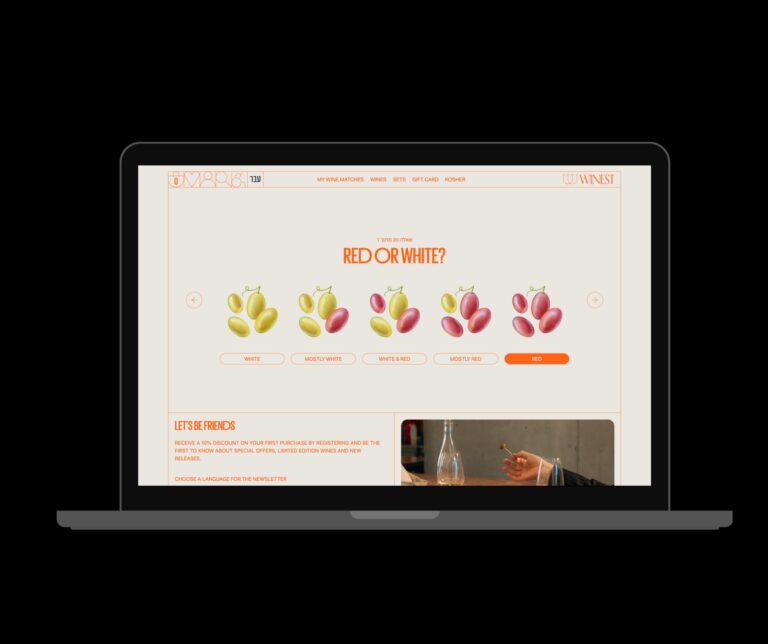
“That’s the main idea behind our digital sommelier. This is the key feature that solves the problem of this first entry point where you need to choose something that you will definitely like.”
Winest offers a 100 percent satisfaction guarantee. If you don’t like your choice, you get a credit in your account toward trying something else.
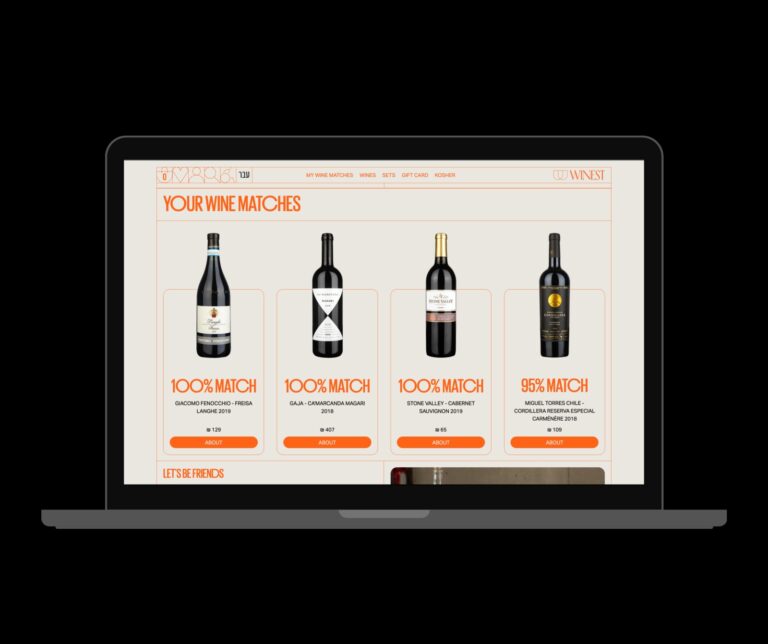
While other online quizzes and wine delivery services operate both in Israel and abroad, the cofounders claim what they’re offering is on a whole different level.
“In our opinion, we’ve made it as easy as possible and more relevant than our competitors. Our mission is to be the easiest way for customers to get the wines that they like, and to be the easiest provider and guide using human, not sommelier-level, language,” Podster tells ISRAEL21c.
Personal flavor profile
World-renowned sommelier Tazo Tamazashvili curates all the wines on offer at Winest.
“I myself have tasted 2,000 wines, and our sommelier something around 100,000 wines. We choose them directly on the spot in these huge exhibitions for winemakers and industry professionals,” Podster says.
The 20-question quiz inquires as to your personal preferences, asking questions such as how you take your coffee, whether you like fresh juice and how much you enjoy pickles.
Based on your answers, the algorithm provides numerous options at different price points that correlate to your personal flavor profile.
The two co-founders are adamant that there is no such thing as a typical Israeli flavor preference.
“Our customers have different taste profiles and it just proves our point. We can say that in terms of sales, whites and rosés were popular because of the summer season, but in terms of taste profile our users are different,” Shokhina says. “That’s why we have very different results for different people.”
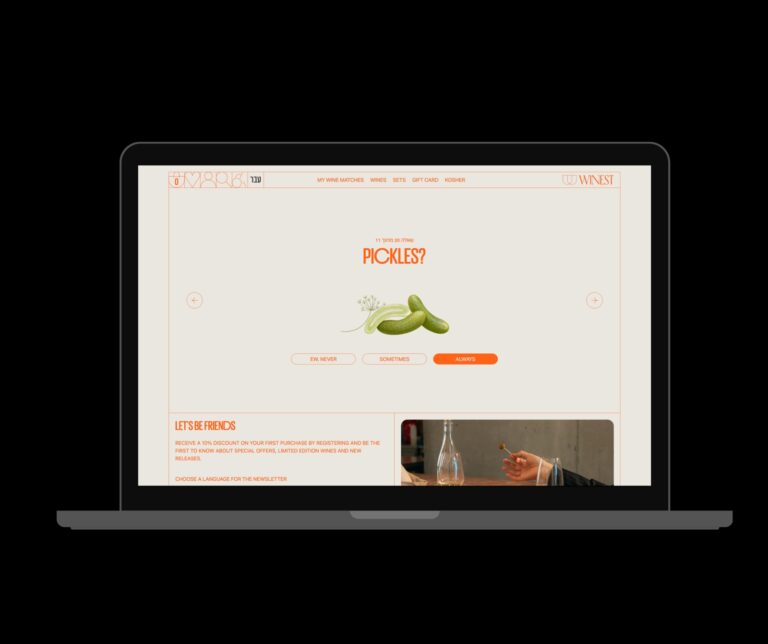
The startup, based in Tel Aviv, has a five-person inhouse team and works with a range of contractors, bringing the overall number of people engaged with the project close to 30. Winest recently raised $800,000 from investors who also serve as advisers.
“Our investors are C-level owners of marketing agencies and logistics businesses. We choose smart investors who challenge us and our methods,” says Podster. “Some of them are Israeli, some of them are from the US and others from Europe.”
60 million bottles a year
“For now, Winest operates only in Israel, “but our strategy is for global expansion,” says Shokhina. “We want to make wine as accessible as can be.”
Podster notes that the startup’s integrated solution and IT structure allow for quick and easy scaleup.
“We have an open API to connect all the systems, we have our own algorithms written from the ground up and we’ve started the operations and testing of this system.”
The cofounders say the Israeli wine market stands at 60 million bottles a year, and that their goal is to reach 2 percent of the market.
For more information, click here.




